Reply To:
Name - Reply Comment
Last Updated : 2024-04-19 18:04:00
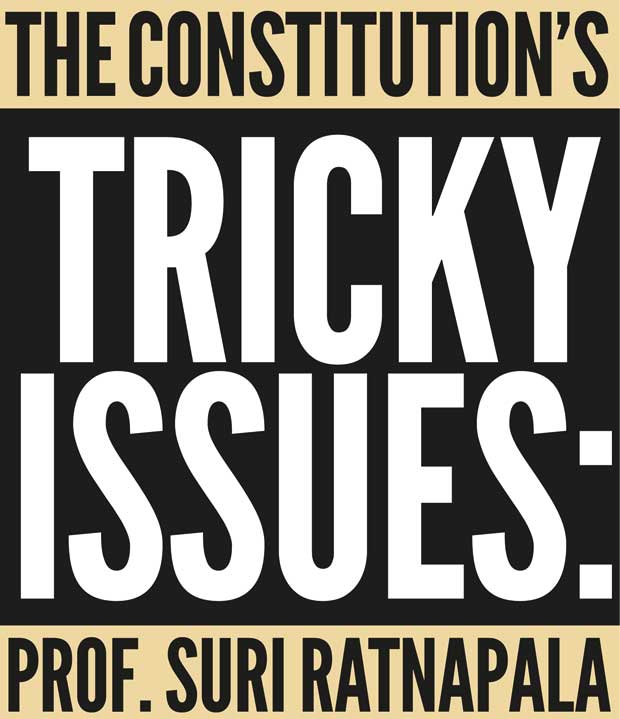
Constitutional reforms have been a significant highlight in any government. During the previous regime much power was vested upon the Executive President, which was criticised by many parties.
The removal of executive powers of the President, devolution of powers and reforms to the electoral process, are some of the key highlights of the new draft Constitution, which will be presented in Parliament by the end of this year. A panel of intellectuals has been appointed for this task, while the Steering Committee is headed by the Premier himself.
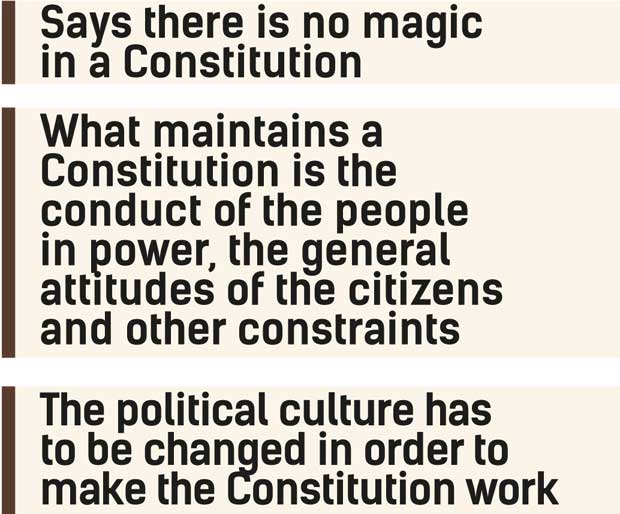
Emeritus Professor of the University of Queensland, Australia and former Senior State Counsel, Professor Suri Ratnapala is among this panel of intellectuals, who have been giving technical advice to the Steering Committee as well as the other Sub-Committees.
According to him, the 1972 and the 1978 Constitutions provided for existing laws to continue in force, even if they were inconsistent with the Constitution or with Fundamental Rights and cannot be challenged.
“They remain valid until Parliament changes them whereas the new laws have to comply with FR. 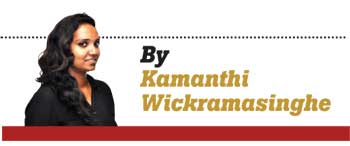 People who are involved with the Constitutional process have proposed that there should be systematic reform of these laws because they cannot remain in the Statute Books if they were contrary to the Constitution, as they were in the 1972 and 1978 Constitutions.
People who are involved with the Constitutional process have proposed that there should be systematic reform of these laws because they cannot remain in the Statute Books if they were contrary to the Constitution, as they were in the 1972 and 1978 Constitutions.
So, there are some tricky issues because some of these laws have cultural and religious significance to some sections of society.
The feeling is that these communities too should participate in the reform of these personal laws. This process hopefully will be successful and the older personal laws can be reformed.”
In a candid interview with the Daily Mirror, Professor Ratnapala highlighted some major issues in the Constitution, while also giving his views regarding the existing laws in the country and lessons to learn from Australia.
 Q What are some of the major issues in the Constitution?
Q What are some of the major issues in the Constitution?There was a problem of the Executive Presidency under the existing Constitution before the 19th Amendment, where the President had overwhelming power over the Parliament.
The President could dissolve Parliament at will and this was changed by the 19A. Related to that was the problem of the President’s power to appoint higher officials, such as Supreme Court judges, the Police Commissioner, Elections Commissioner and so on. That was a source of great concern, which also was addressed in the 19th Amendment by the establishment of the Constitutional Council.
The Constitutional Council established under the 19A is not the ideal and has to be reformed further by increasing the appointment of more non-political agents, civil society representatives and so forth.
The transition of the Executive Presidency model to the Parliamentary model is one of the priorities. There is a need to reform the electoral system. All the parties have agreed to change the current system to a Mixed Member Proportional system. Then there is a need for the reform of the Judiciary, where it has to be more independent. It is proposed to establish a Constitutional Court that will be more representative and independent than the current arrangement.
The next biggest issue is devolution. There is a need for a settlement among the communities. There is general agreement on the principle of devolution because it was already implemented to a certain extent in the 13A. But there is a need for further refinement and as such there are further discussions. Those are the most important and salient issues that the new Constitution will have to address.
There is also the question of entrenching Fundamental Rights more firmly and also the issue of judicial review of legislation.
The current Constitutional position is such that one cannot challenge an Act of Parliament after it is enacted. There’s only a very limited opportunity to challenge a bill before it’s passed. There is a proposal to change this rule to allow a citizen to challenge an unconstitutional law at any time. This will be a tremendously important change.
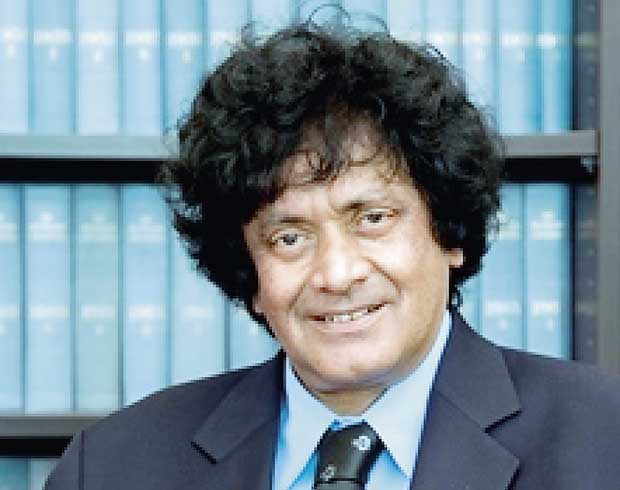
Back in Australia, there are people who are very vocal about legal issues in the country. The media too is very attentive about these issues. I can see that greater legal awareness is emerging here. Awareness also comes with economic development, the rise of the middle class and the rise in the level of general education.
Sri Lanka is still a developing country and most people struggle make a living. Only when people reach a level of affluence that they begin to see the other perspectives. But I am quite optimistic about this country because there is a very dynamic young generation coming up. Progress though can be better coordinated.
Certain things could be done. For example reforming the land laws and so on. They are quite technical but important for the country. There are no votes in these kinds of issues. If there are more votes, politicians would take notice because it will make a difference politically. But in these technical areas, politicians see no benefit in getting involved and therefore they do not pay much attention to them.
But I think the key to everything is economic development, which eventually leads to the transformation of the country into a modern society.
That involves reducing corruption, making the rules about property rights and investment rights secure, and improve the environment for domestic and foreign investment that generates employment. Although impressive progress has been achieved, much more remains to be done. We went through a period of turmoil and before that a period of economic experimentation.
At least now there seems to be some consensus among the political parties about the policy settings as far as the economy is concerned. Nobody is talking about nationalising sectors of the economy but there is still a lot of discretionary power, corruption and other factors to consider. These have to be reduced.
Corrupt actions should not be tolerated. It’s unfortunate that these kinds of things could happen. If you look at the position of countries like the USA many years ago, similar things happened. Even today you see injustices happening despite a great Constitution.
This year many unarmed black men were shot to death by the Police. Law and order problems exist even in developed countries and there are problems of the abuse of power by authorities. But we have to speak up against them and place pressure on the authorities.
The Constitution lays down a framework and it guarantees Fundamental Rights. Ultimately there has to be a political will and the power to change the law is with Parliament.
The Constitution lays the ground rules and guarantees the basic rights and freedom for the people. It cannot grant people particular material benefits. It grants power to Parliament to take all decisions and therefore the political system should be responsive.
I’m working across the whole spectrum of Constitutional issues. At the moment the process is that the Parliament setup the Constitutional Assembly, which established the Steering Committee and the Sub-Committees. These Sub-Committees are working on various aspects of the Constitution. They have made their reports to the Steering Committee and I have been advising the Steering Committees when required. The Steering Committee is expected to produce an interim report in November. I am a technical adviser in this process and am formulating options for the committees to consider. One of the most important reforms being considered is to allow citizens to challenge legislation for unconstitutionality. Under the present Constitution, existing laws that have already been passed, cannot be challenged. This situation will change. There is also likely to be established processes to reform personal laws to bring them in to line with the Constitution.
Sri Lanka, in my opinion is a Secular State in practice although the Constitution gives Buddhism a special place and casts a duty on the State to foster the Buddha Sasana. However, the Constitution also forbids discrimination against other religions.
I personally favour a Secular State. The question whether the Constitution should continue to give a special place to Buddhism is one that has to be resolved by agreement among all religious communities. In my meetings I have attended, I have heard differing views on this question.
The Constitutional Assembly has been established to develop the draft of the new Constitution. There are various aspects to take in to consideration and once the draft is finalised it will be presented in Parliament. If Parliament approved the draft by two-thirds majority, it will be submitted to the people at a referendum. The new Constitution cannot be enacted without the approval of the people.
The main thing to learn is being tolerant to other people’s opinions. Then it leads to civilised discussions and rational solutions. More information exchange and unbiased discussions will make a world of difference. There is no magic in a Constitution.
What maintains a Constitution is the conduct of the people in power, the general attitudes of the citizens and other constraints. The political culture has to be changed in order to make the Constitution work.
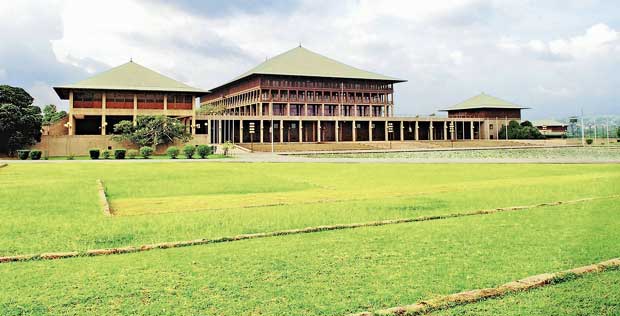

Add comment
Comments will be edited (grammar, spelling and slang) and authorized at the discretion of Daily Mirror online. The website also has the right not to publish selected comments.
Reply To:
Name - Reply Comment
On March 26, a couple arriving from Thailand was arrested with 88 live animal
According to villagers from Naula-Moragolla out of 105 families 80 can afford
Is the situation in Sri Lanka so grim that locals harbour hope that they coul
A recent post on social media revealed that three purple-faced langurs near t